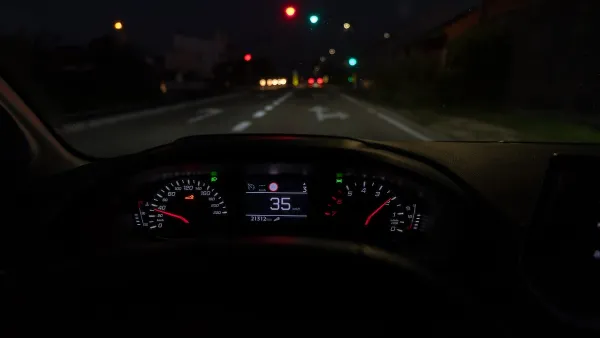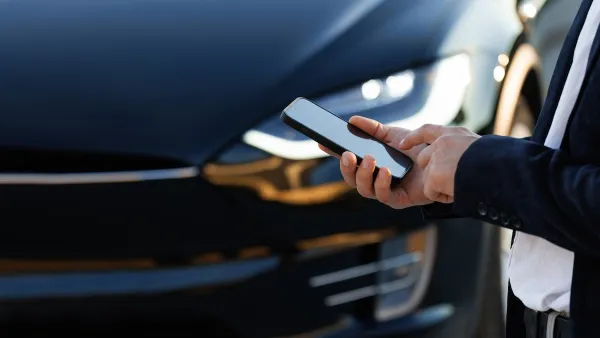An overreliance on ‘partial automation’ can make drivers less attentive.

After testing 14 versions of ‘partial automation’ features in vehicles, the Insurance Institute for Highway Safety (IIHS) concluded that “There’s no evidence that (partial automation) makes driving safer, and, in fact, it can create new risks by making it easier for the driver’s attention to wander.”
According to a piece by Ben Abramson on Strong Towns, “Basic performance testing included seeing how the systems function in prescribed conditions at maintaining speed, distance, and lane control. Most of the systems worked as designed during these sessions, conducted in clear weather and favorable light conditions.”
However, in testing systems that are designed to monitor whether drivers are in control and paying attention, “A look at the IIHS Report Card shows a slew of bad marks in categories such as Attention Reminders and Emergency Procedures, with the report concluding that ‘most of the systems fail multiple safety feature requirements.’”
These systems, while not billed as ‘self-driving,’ use similar technology as autopilot systems. “Seeing how these systems can fail even in controlled testing conditions shows how challenging it is to deploy them safely in more complex urban environments,” Abramson writes.
According to author Peter Norton, self-driving cars perpetuate a historical pattern. “Seeing how these systems can fail even in controlled testing conditions shows how challenging it is to deploy them safely in more complex urban environments.”
FULL STORY: Too Much Trust in Technology Is Dangerous for Drivers (and Everyone Around Them)

Analysis: Cybertruck Fatality Rate Far Exceeds That of Ford Pinto
The Tesla Cybertruck was recalled seven times last year.

National Parks Layoffs Will Cause Communities to Lose Billions
Thousands of essential park workers were laid off this week, just before the busy spring break season.

Retro-silient?: America’s First “Eco-burb,” The Woodlands Turns 50
A master-planned community north of Houston offers lessons on green infrastructure and resilient design, but falls short of its founder’s lofty affordability and walkability goals.

Test News Post 1
This is a summary

Analysis: Cybertruck Fatality Rate Far Exceeds That of Ford Pinto
The Tesla Cybertruck was recalled seven times last year.

Test News Headline 46
Test for the image on the front page.
Urban Design for Planners 1: Software Tools
This six-course series explores essential urban design concepts using open source software and equips planners with the tools they need to participate fully in the urban design process.
Planning for Universal Design
Learn the tools for implementing Universal Design in planning regulations.
EMC Planning Group, Inc.
Planetizen
Planetizen
Mpact (formerly Rail~Volution)
Great Falls Development Authority, Inc.
HUDs Office of Policy Development and Research
NYU Wagner Graduate School of Public Service




























